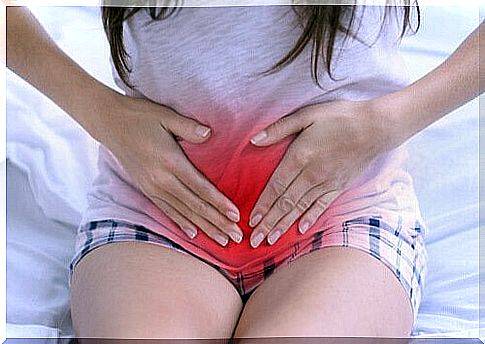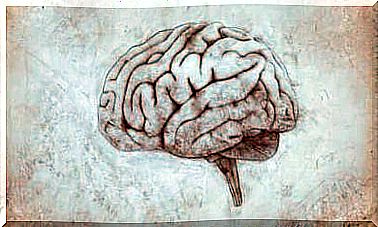Hypermenorrhea: Causes And Treatments

Most women share the problem of hypermenorrhea throughout their life. In reality, for some it is more than just a nuisance. Menstruation (or menorrhea) varies from woman to woman, although there is a general classification based on some characteristics. Among the various categories, there is also hypermenorrhea .
Today we will explain what it is, what are the most common causes of this condition, what treatments exist and especially when it is appropriate to consult a doctor.
What is hypermenorrhea?
The term “hypermenorrhea” (from the Greek ὑπερ – hyper- , meaning “very”) refers to an abundant menstrual flow (menorrhea). It is often used as a synonym for menorrhagia, which is excessive blood loss that lasts longer than normal or that exceeds 80 ml during a single cycle (therefore about 6 sanitary napkins per day).
It is not possible to quantify the “excessive” amount of flow, every woman knows her own menstrual cycle. As long as it does not present itself unexpectedly, does not involve pain or symptoms other than common ones, we cannot speak of irregular menstruation.

Hypermenorrhea refers to abundant flow (always using this term with caution) in a cycle of normal duration. If the cycles are frequent and close together, it is called poly-hypermenorrhea. However, the consequence of this condition is tiredness or fatigue due to iron deficiency (anemia) due to blood loss.
It is important not to confuse hypermenorrhea with metrorrhagia, that is, the loss of blood independent and unrelated to the menstrual flow that usually occurs after the onset of the menarche (i.e. the first menstruation), in a period of settling of the menstrual cycle.
What are the causes of hypermenorrhea?
The causes of hypermenorrhea are many depending on whether this condition occurs in isolation or as a symptom of other pathologies. In any case, it is important to consult a specialist. In fact, only a gynecologist can accurately diagnose the causes, ranging from uterine cancer to a slight hormonal alteration.
The most common causes of hypermenorrhea are:
- Uterine myomas : These are benign tumors that affect the muscles of the uterus.
- Polyps : other benign tumors that increase the surface area of the endometrium.
- Pregnancy : The extension and contraction of the uterine muscles during pregnancy and after childbirth can increase blood loss. Added to this is the weakening of muscle tissue which prevents it from holding blood properly.
- Disorders related to blood clotting problems : Difficulty or inability to clot increases the amount of blood that is leaking.
- Pelvic congestion syndrome : this pathology is characterized by the dilation of the pelvic venous vessels (pelvic varices) and always occurs during menopause.
- Uterine cancer : although it is a less frequent condition, it can be identified precisely because of hypermenorrhea, one of its symptoms.
Treatment of hypermenorrhea
Treatment of hypermenorrhea varies depending on the underlying cause, as cancer and myoma are not treated in the same way. Furthermore, as we have seen, hypermenorrhea can be a disease in itself, but on other occasions it is a symptom of another pathology.
Clinical treatments, therefore, range from hormonal treatments, such as taking birth control, to surgical, such as removing the ovaries. Anemia caused by blood loss is also usually treated. Treatment also involves administering analgesics to calm the belly pain caused by this condition.
It is not always a serious condition, but it is important to consult your gynecologist before getting alarmed.

Some considerations
Only a specialist can correctly diagnose this condition. An eventual increase in menstrual flow does not necessarily have to be considered a form of hypermenorrhea and it is important not to worry too much. Do not forget that menstruation is influenced by various factors, from nutrition to age.
Likewise, do not underestimate the gradual increase in menstrual flow which occurs frequently and shows no signs of abating. Taking analgesics relieves the pain, but does not make the disease go away, so you shouldn’t consider them the only possible treatment.
Ultimately, it is essential to be responsible and to seek medical attention when necessary to receive a correct diagnosis and to understand what is the most suitable treatment to follow.









